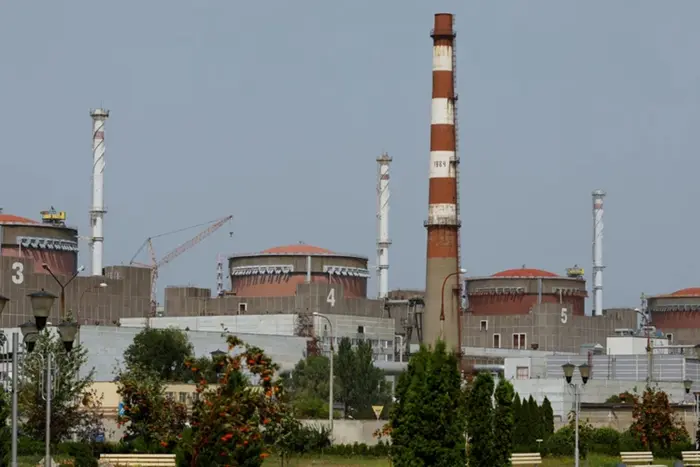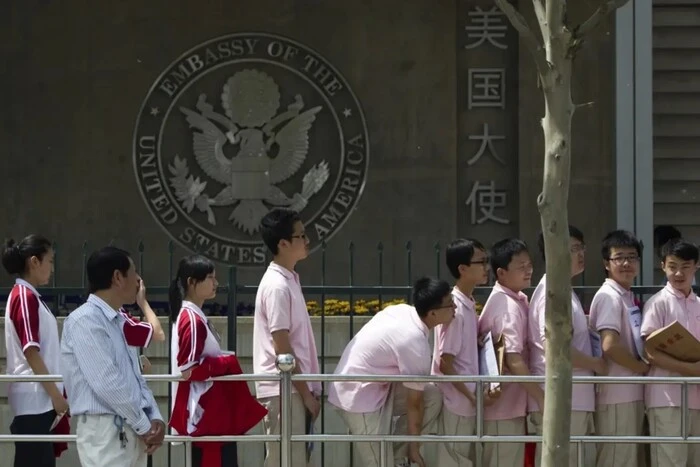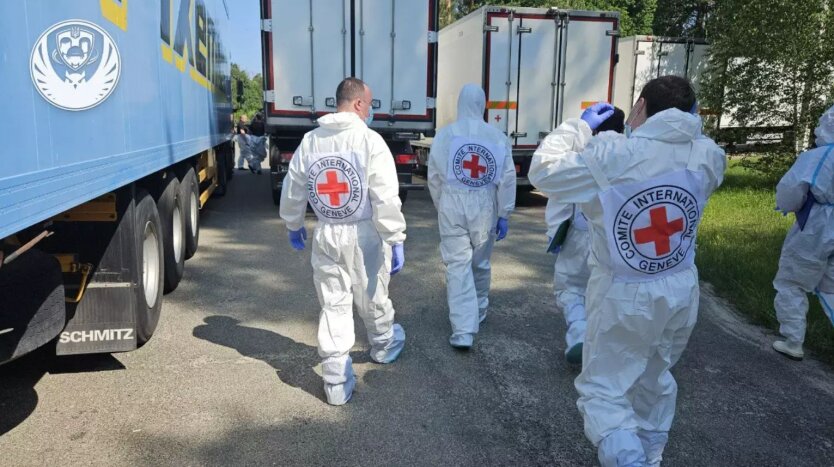There is a serious danger, not only for Enerhodar. Former employee of Zaporizhzhia NPP explained what the Russians are doing at the station.


The Russians cannot operate the Zaporizhzhia NPP – expert
The former head of the operational unit of the Zaporizhzhia NPP, Oleg Dudar, stated that the Russians cannot launch the energy station they seized due to a lack of necessary knowledge and qualified personnel. According to him, there are only 15% of the required licensed workers at the station.
Dudar emphasized that the Russian personnel who were transferred to the ZNPP after the occupation do not have the relevant experience and knowledge. He believes that the Russians do not understand Ukrainian nuclear power units, even though similar ones exist in Russia, built according to a similar project.
We have made many distinctions... We also have our own developments
Highlighting the advanced positions of Ukrainian nuclear energy, Dudar warned that the Russians cannot adequately manage Ukrainian power units and eliminate emergency situations due to differences in safety standards and emergency instructions.
The Zaporizhzhia NPP has important facilities, including a dry storage for spent nuclear fuel, located on the station's territory since 2001. Dudar stressed that the Russians cannot manage this facility competently, violating safety rules.
The expert noted that the situation at the ZNPP is critical due to destruction during the occupation and equipment degradation. This poses a serious threat not only to the local population but to all of Europe.
Read also
- SMA activist Nazariy Husakov comments for the first time on fraud allegations
- The USA has resumed the issuance of student visas, but there is a catch
- Farmer's Day in Ukraine: The History of the Holiday and Greetings
- The Security Service of Ukraine will check applicants for Ukrainian citizenship from certain countries
- Ministry of Internal Affairs: The identification of 6,000 bodies of Ukrainian soldiers will take more than a year
- Russia reports thousands of cyberattacks on its facilities in 2024










